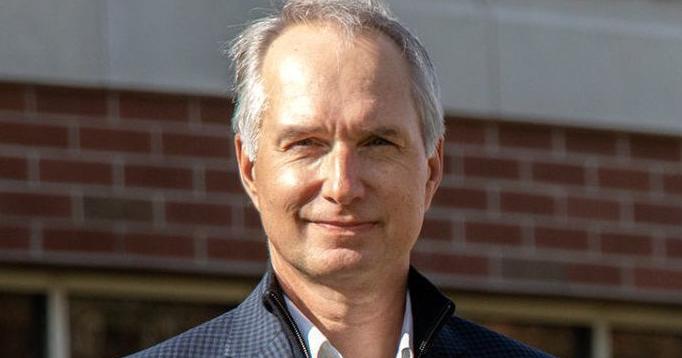Our house has a closet off the dining room filled with board games and jigsaw puzzles. On one shelf sits a little tray with half a dozen puzzle pieces that somehow got left behind. We have several puzzles with a missing piece or two, and you would think it would be simple to find the missing pieces among those collected in the tray of misfit toys. But no. For whatever reason, some pieces just don’t seem to fit anywhere.
Some people don’t seem to fit anywhere either. About 75 percent of Americans said they didn’t feel like they belonged in their community, and 64 percent said the same about their workplace, according to the American Immigration Council’s Belonging Barometer report from last spring.
The statistics are eye-opening and significant. Consider how important a sense of belonging is for the workplace. A study highlighted in the Harvard Business Review reported that high levels of belonging resulted in a 56% increase in job performance and a 75% reduction in sick days.
People are also reading…
Belonging can be difficult to measure, yet most people can tell you easily enough where they feel that they fit in and where they don’t. When people fit in, they are not just known but also acknowledged. They are greeted with a smile, and they are welcomed and invited to participate. In a place of belonging, one both knows others and is known by them. One is in the presence of friends and potential friends.
But there is more to it than that. Belonging also carries with it a sense of purpose. One can see the way in which one’s life connects to the past and the future through one’s present activities. That’s why those who move to a new community discover it takes time to find belonging. It is not just meeting people and getting involved; it is also a matter of learning the story of the place and discovering one’s role within that story.
I remember when my family moved to Memphis, Tennessee. As a small-town northerner moving to a large southern city, everything felt strange: the accents, the customs, the hot and humid weather, the names of people and places. Gradually, as we got to know our neighbors, the feeling of not fitting in began to ease. “Pappy,” our retired neighbor from across the street, would show up at the door with a bag full of vegetables from his garden. Sitting on the porch, drinking a glass of iced tea, he would share stories of his childhood growing up in the neighborhood.
Over time, as I came to know more people and learn more about the place where I lived, I came also to feel responsible for those around me. I joined a church, helped with the local Cub Scouts, coached a youth basketball team, and went fishing with Butch, who lived next door. Still, it took years for the feeling of not fitting in to fade away, gradually replaced with a feeling of belonging.
Sometimes I meet young people who think belonging should be easy. They seem to think that in any setting, whether it is a neighborhood, a university, or a workplace, that one either “belongs” or “doesn’t belong.” They are quick to make judgments about whether the people around them are sufficiently inclusive. But belonging is not that straightforward.
I was talking recently to a college student from another country who described her struggle to fit in. She was a bright, engaging person who was having success in her classes, participated in several social groups and seemed to be thriving. Yet she wiped a tear from her eye as she described her struggle to feel accepted. She talked about the reasons for that struggle: her age, her gender, her language, her ethnicity.
I just listened and nodded my head. Everything she talked about represented obstacles to belonging, but she seemed to think that all it took was removing those obstacles. I wanted to tell her that most of the people she encountered every day were also looking for belonging and that it wasn’t in their power to give it to her.
Belonging is not a quality of one’s life; it is an attitude that develops gradually as you grow into the kind of person who contributes to the people and the place around you. I thought of the Stoic philosopher Epictetus, who said that it is not what happens to you but what you think about what happens that determines the quality of your life.
We have become such an outwardly focused society that whenever we encounter a problem, our first thought is to find someone to blame. We are reluctant to look inward and ask, “What am I doing to contribute to this situation?” Yet, our power to change things is often limited to ourselves. “What can I do?” is not the only question we can ask, but it should generally be the first one.
People are not puzzle pieces. We are not made, once and for all time, to fit somewhere. There is no singular place where everything aligns — a place where we are meant to be. Most of us will move from one place to another, assuming different roles throughout our lifetimes, making ourselves into the shape needed to fit into the communities in which we reside. We might assume, for a time, the roles of son or daughter, father, mother, aunt, uncle, teacher, student, doctor, patient, accountant, carpenter, storyteller, mentor, benefactor, friend.
In a world in which nearly everyone around us is struggling to find belonging, contentment can be found in the knowledge that we are all wayfaring strangers, doing our best to find moments of connection here and there on the journey.





